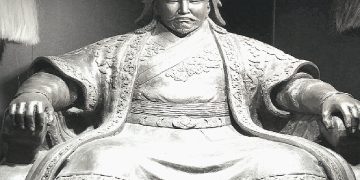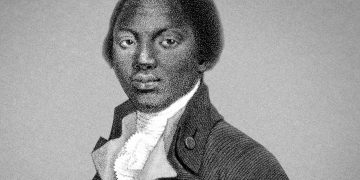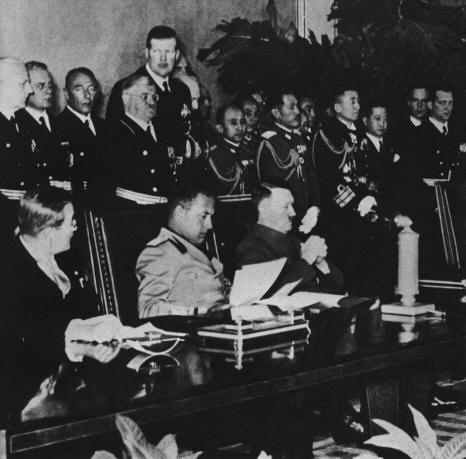Gnaeus Pompeius Magnus, known as Pompey Magnus or Pompey the Great, was born on September 29th 106BCE. His father was a wealthy Italian who rose to become Consul of Rome in 89BCE. Pompey served under his father in the Social Wars 89BCE and when his father died in 87BCE Pompey inherited his father’s lands and army.
Pompey supported Lucius Cornelius Sulla and when Sulla became Dictator in 82BCE Pompey married his step-daughter Aemilia Scaura. Pompey secured Sicily and Northern Africa for Sulla but turned against him when Sulla refused to grant him a tribute for his military achievements.
Pompey supported Lepidus’s bid for the Consulship in 78BCE but then turned against him. In 77BCE Pompey demanded that he be made Proconsul and sent to Hispania (Spain) to bring it under the control of the Senate. Although the campaign took longer than expected Pompey was successful and in 71BCE he returned to Rome and was given a tribute.
In 70BCE he became Consul with Marcus Licinius Crassus, who had defeated Spartacus. In 67BCE he was granted Proconsular powers in any region within 50 miles of the Mediterranean Sea. This controversial decision was made to allow Pompey to rid the Mediterranean Sea of pirates. It took Pompey just four months to achieve his mission and he was granted a tribute.
In 66BCE Pompey was granted command of an army to defeat Mithridates in the East. Pompey successfully defeated Mithridates and went on to conquer Syria, Phonecia (Lebanon) and Jerusalem for the Empire. He returned to Rome in 61BCE where he was granted a tribute.
In 60BCE he formed the First Triumvirate with Julius Caesar and Crassus. In 59BCE Julius Caesar served as Consul or Rome and put through measures to grant land to Pompey’s former soldiers. In May 59BCE Pompey married Julius Caesar’s daughter, Julia. Although there was a huge difference in age and the marriage was made primarily to cement the alliance between Pompey and Caesar, Pompey fell in love with his young wife.
In 58BCE Pompey came under attack from the tribune of the Plebs, Clodius Pulcher. Pompey was supported by Cicero against Clodius and withstood the verbal attack. Meanwhile Pompey, Crassus and Cicero were becoming increasingly concerned about the growing popularity of Julius Caesar. In April 56BCE Julius Caesar attempted to strengthen the bond between himself, Crassus and Pompey. At the Luca conference it was agreed that Caesar would remain in Gaul for a further five years while Pompey and Crassus would serve as joint Consuls in 55BCE and afterwards would be given the governorships of Spain and Syria respectively.
Pompey served as Consul with Crassus as planned but their appointments were only secured with much bribery. In 54BCE Pompey’s wife, Julius Caesar’s daughter, Julia, died in childbirth. Pompey was distraught. With Julia dead Pompey the alliance with Julius Caesar began to fall apart. When Crassus died a year later the First Triumvirate fell apart. In 52BCE Publius Clodius was murdered and his supporters, seeking revenge, set fire to the Senate buildings. Pompey was called on to restore order and after doing so was created sole Consul of Rome a move that effectively made him Dictator.
As Consul Pompey refused to allow Julius Caesar to be Consul in absentia and demanded that he return to Rome, unarmed, and face election. Caesar however, had other ideas and in 49BCE crossed the Rubicon with his thirteenth legion. Pompey took this as a sign of war. Believing he could not defend Rome against Caesar Pompey fled to Greece. Unfortunately he forgot to take the treasury with him. After defeating all Pompey’s garrisons in Spain, Caesar followed Pompey to Greece. Pompey was defeated at the Battle of Pharsalus and fled to Egypt. On arrival in Egypt Pompey was stabbed to death by supporters of Ptolemy XIII who thought that Caesar would be grateful for their action and grant their King new powers in Egypt. Caesar was not grateful and turned against Ptolemy and supported his sister, Cleopatra instead.
Note – Some sources place the date of the assassination as 29th or 30th September












